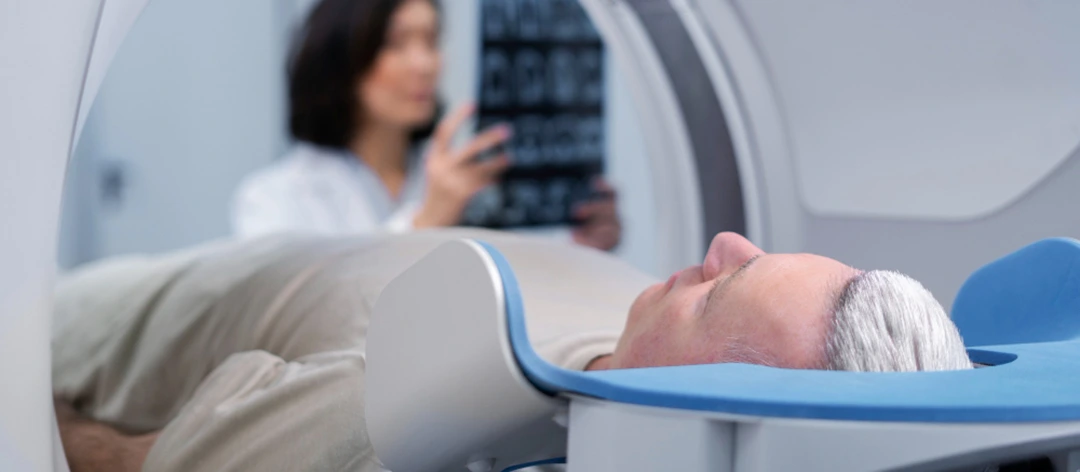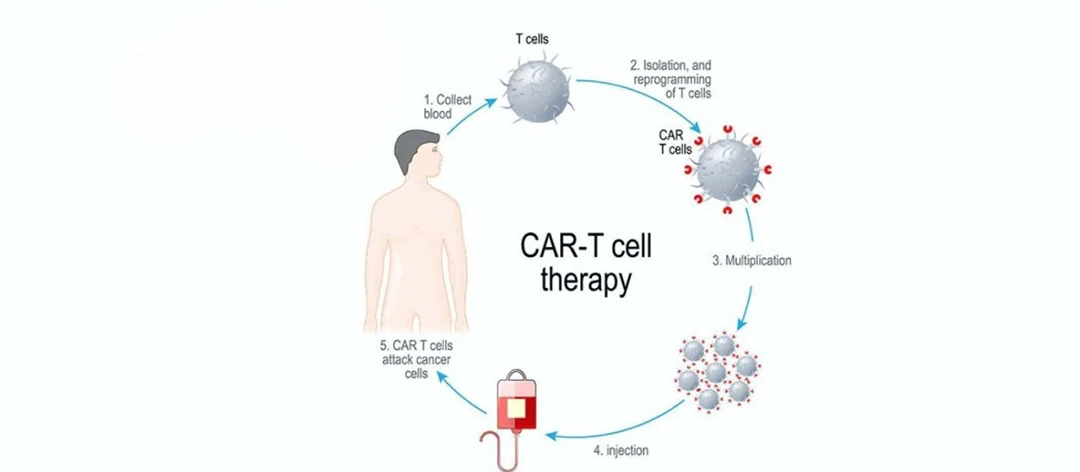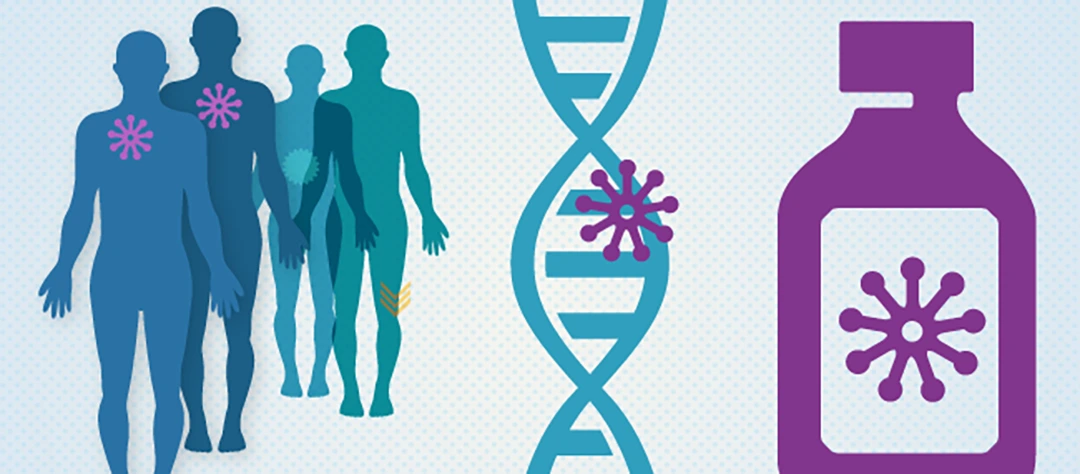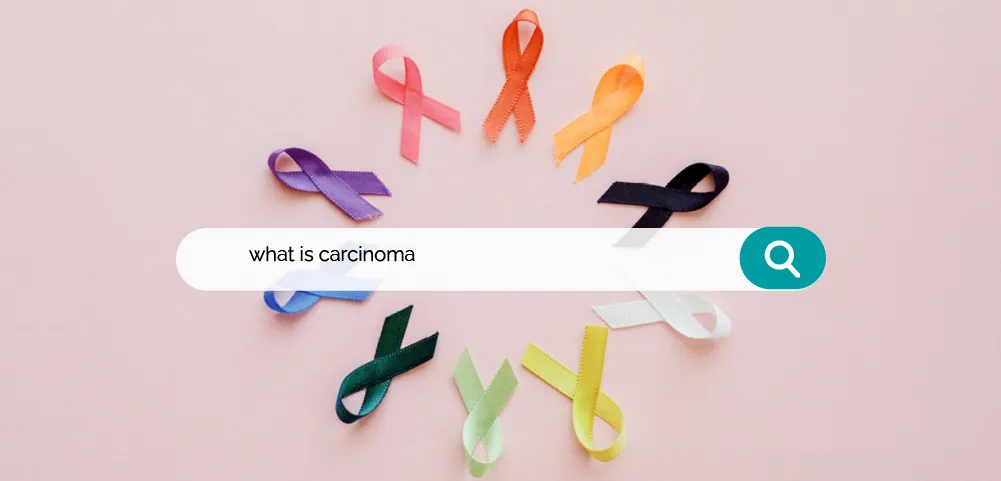Did you know that global advancements in cancer care have significantly improved survival rates, with certain treatments achieving up to an 85% success rate in early detected cases?
Breakthrough therapies, available in leading medical destinations worldwide, are giving patients not only a chance to fight cancer but also to live fuller, healthier lives.
Imagine accessing care tailored precisely to your needs—treatments like proton therapy that preserve healthy tissues, or minimally invasive surgeries that offer faster recovery times.
This article is written for you, the patient looking for the best cancer care, the most advanced options, and a way to healing that prioritises your quality of life.
Whether you're exploring these options for yourself or on behalf of someone you love, take the first step by understanding the innovative treatments available across the globe.
List of the Latest Advanced Cancer Treatments and Countries they are Offered Internationally
Cancer Treatment Type | Cancers Treated | Cancer Stage Treated | Countries Offered |
|---|---|---|---|
Proton Therapy | Brain, lung, prostate, spinal, paediatric cancers | Early to advanced (Stage 1, 2, End Stage) | India, USA, Thailand, Germany |
Radiation Therapy | Breast, cervical, lung, rectal, prostate cancers | All stages | India, Turkey, UK, USA, Germany, Czech Republic |
Gamma Knife Radiosurgery | Brain tumours, pituitary tumours, arteriovenous malformations | Early to advanced (localised tumours) | USA, UK, India, Germany, Turkey |
CyberKnife | Brain, lung, prostate, pancreatic, liver cancers | Early to advanced | USA, India, UK, Mexico, Germany, Turkey |
Immunotherapy | Lung, melanoma, bladder, kidney, lymphoma | Early to late stages | USA, UK, India, Germany, Turkey |
CAR-T Cell Therapy | Leukemia, lymphoma, myeloma | Relapsed or refractory cancers | USA, UK, India, Germany |
Personalised Cancer Vaccines | Lung, breast, ovarian, melanoma cancers | Advanced or recurrent cancers | USA, Germany, UK, Turkey |
Bone Marrow Transplants | Leukaemia, lymphoma, multiple myeloma, aplastic anaemia | Advanced or treatment-resistant stages | India, USA, Germany, Czech Republic, Thailand |
Targeted Therapy | Breast, lung, colorectal, stomach, thyroid cancers | All stages | USA, UK, India, Germany, Turkey |
Interventional Oncology | Liver, kidney, lung, pancreatic, bone cancers | Early to advanced | USA, India, Turkey, UK, Czech Republic |
Minimally Invasive Surgery | Lung, breast, colon, prostate, gynaecological cancers | Early to advanced | USA, India, Germany, UK, Thailand, Turkey |
Radiation-Based Therapies
Radiation-based therapies are foundational in modern cancer care, providing non-invasive or minimally invasive options to treat various cancer types.
Below, we explore radiation therapies available today:
Proton Therapy
Proton therapy is one of the most advanced forms of radiation therapy. Unlike standard radiation, which uses X-rays, proton therapy uses positively charged particles called protons.
The unique property of protons is their ability to release energy at a specific point, which allows doctors to precisely target tumours without exposing surrounding tissues and organs to excess radiation.

This makes it particularly effective for treating cancers located near vital organs, such as brain tumours, prostate cancer, and spinal cancers.
For children, proton therapy offers a significant advantage as it minimises damage to developing tissues, significantly reducing the risk of long-term complications.
This treatment is also highly recommended for tumours that are resistant to traditional therapies or for cases where precision is critical.
- Where Available: Apollo Hospital Chennai, India
Radiation Therapy
Radiation therapy is one of the common treatments for cancer. It works by using high-energy X-rays to damage cancer cells, stopping their ability to grow and divide.
Over the years, significant advancements have been made to improve the delivery and precision of radiation.
Techniques like intensity-modulated radiation therapy (IMRT) and image-guided radiation therapy (IGRT) allow oncologists to shape radiation beams to match the tumour's size and shape, preserving as much healthy tissue as possible.
This therapy is highly effective for treating a wide range of cancers, including breast, cervical, prostate, and lung cancers. It is often used in combination with surgery or chemotherapy to improve outcomes.
- Where Available: The London Hospital Clinic, UK.
Gamma Knife Radiosurgery
Gamma Knife radiosurgery is a highly precise form of radiation therapy designed specifically for brain tumours and neurological conditions.
It uses multiple-focused gamma rays to deliver a single high dose of radiation to the target area. Despite its name, Gamma Knife does not involve any surgical incisions.
It is especially beneficial for patients with small or hard-to-reach brain tumours, arteriovenous malformations, and other abnormalities located in delicate regions of the brain.

The procedure is non-invasive, meaning patients can often return to normal activities the same day.
Its precision also ensures minimal damage to healthy brain tissue, making it a preferred choice for many neurological oncologists.
- Where Available: Fortis Hospital Delhi, India
CyberKnife
CyberKnife is a revolutionary robotic system that combines advanced imaging and radiation delivery to treat cancer with extreme accuracy.
Unlike conventional radiation therapy, CyberKnife uses a robotic arm to follow tumour movements in real-time, allowing it to adjust the radiation beam as the tumour shifts.
This is particularly important for tumours in organs that move with breathing, such as the lungs and pancreas.
CyberKnife is also an excellent option for prostate, liver, and spinal cancers where precision is critical.
The treatment is non-invasive and does not require anaesthesia or hospitalisation, making it a convenient option for patients.
Sessions are typically shorter, and patients experience fewer side effects compared to traditional radiation therapy.
- Where Available: Anadolu Medical Centre Gebze, Turkey
Immunotherapy and Immune System-Based Therapies
Immunotherapy represents a transformative approach to cancer treatment, by enhancing the immune system’s ability to recognise and fight cancer.
It is most suitable for patients with advanced, recurrent, or treatment-resistant cancers.
Below, we explore some of the most cutting-edge immunotherapy options available internationally:
Immunotherapy
One of the most common forms immunotherapies is checkpoint inhibitors, which block specific proteins used by cancer cells to evade detection.
Checkpoint inhibitors have been particularly effective in treating cancers like melanoma, non-small cell lung cancer, and kidney cancer.
Patients often benefit from fewer side effects compared to traditional chemotherapy, as immunotherapy targets cancer cells while leaving most normal cells healthy.
- Where Available: HCG Hospitals in Bangalore, India

CAR-T Cell Therapy
Chimeric Antigen Receptor T-cell (CAR-T) therapy involves genetically engineering a patient’s T-cells (a type of immune cell) to better identify and destroy cancer cells.
After modification, the T-cells are reintroduced into the patient’s bloodstream, where they attack cancer cells.
This therapy has revolutionised treatment for certain blood cancers, such as leukaemia and lymphoma, particularly in cases where other treatments have failed.
Its success has made CAR-T therapy a beacon of hope for patients with relapsed or refractory cancers.
- Where Available: Acibadem Group of Hospitals in Istanbul, Turkey

Personalised Cancer Vaccines
Personalised cancer vaccines are a cutting-edge form of immunotherapy tailored to an individual’s unique tumour profile.
These vaccines work by training the immune system to recognise and attack tumour-specific antigens—proteins found only on cancer cells.
This approach is particularly promising for advanced and recurrent cancers, such as lung, breast, ovarian, and melanoma.
By sparing healthy cells, personalised vaccines minimise side effects while offering a highly targeted treatment option.
Bone Marrow Transplants
Bone marrow transplants involve replacing damaged or destroyed bone marrow with healthy stem cells..
These transplants are suitable for patients with blood cancers, including leukaemia, lymphoma, and multiple myeloma, as they restore the body’s ability to produce healthy blood cells.
Autologous (using the patient’s own stem cells) and allogeneic (using donor stem cells) transplants are the two main types, and the choice depends on the specific condition.
Advances in transplantation techniques have improved outcomes and reduced complications for patients worldwide.
Read: Leading Bone Marrow Transplant Hospitals in the World

Targeted and Molecular Therapies
Targeted therapies use drugs to inhibit specific molecules or genetic mutations that contribute to cancer development.
For example, HER2-targeted therapies are widely used for HER2-positive breast cancer, while EGFR inhibitors are effective against certain lung cancers.
By focusing on these unique molecular markers, targeted therapy minimises damage to healthy cells, leading to fewer side effects.
This approach is highly effective for cancers with well-identified mutations, including breast, lung, colorectal, and thyroid cancers.
Many patients see better outcomes and improved quality of life with this form of treatment as it is often used alongside other treatments, such as chemotherapy or radiation therapy, to enhance effectiveness.
- Where Available: Max Healthcare in Delhi, India.
Minimally Invasive Surgery
Minimally invasive surgery offers cancer patients effective tumour removal with less trauma to the body compared to traditional open surgery.
Using specialised tools and techniques such as laparoscopy (keyhole surgery) and robot-assisted surgery, surgeons can access tumours through small incisions, reducing the risks associated with larger surgical cuts.
These techniques are particularly effective for cancers of the lung, colon, breast, and prostate, where precision and minimal disruption of surrounding tissues are crucial.
Patients undergoing minimally invasive surgery experience shorter hospital stays, quicker recovery times, less post-operative pain, and smaller, less noticeable scars.
Minimally invasive surgery also lowers the risk of infection and other complications, which is particularly important for cancer patients who may have weakened immune systems.
- Where Available: Bumrungrad International Hospital, Thailand.
Systemic and Regenerative Therapies
Chemotherapy is a systemic treatment, meaning the drugs travel through the bloodstream to target cancer cells throughout the body.
This makes it highly effective for advanced or cancers which have spread to other parts of the body. It is typically administered in cycles to give the body time to recover between treatments.
Chemotherapy can be delivered as a standalone treatment, in combination with other therapies, or as a preparatory (neoadjuvant) or follow-up (adjuvant) therapy to improve treatment outcomes.
Over the years, advancements in chemotherapy have focused on improving effectiveness and reducing side effects.
Modern chemotherapy treatments are increasingly tailored to individual patients, ensuring the right drug combination and dose for optimal results.
This personalised approach has significantly improved survival rates and quality of life.
In Conclusion
Advanced cancer treatments are reshaping the possibilities for patients worldwide, offering modern solutions that deliver improved treatment outcomes.
However, accessing these life-changing treatments abroad can be challenging without the right support.
My 1Health a trusted medical facilitator, ensures a seamless journey for patients seeking advanced cancer care at its global network of hospitals.
From visa assistance and hotel booking to complimentary airport transfers, every detail is carefully managed to allow you to focus entirely on your treatment and recovery.
To ease your transition, we provide personalised travel itineraries to keep your loved ones informed and ensure your medical records, imaging, and scans are always accessible for continuity of care.
Beyond treatment, our post-treatment follow-up services and support for future medical visits ensure you receive ongoing care and attention for a full recovery.
With My 1Health, accessing world-class cancer care is not just a possibility—it’s a smooth, guided experience.





